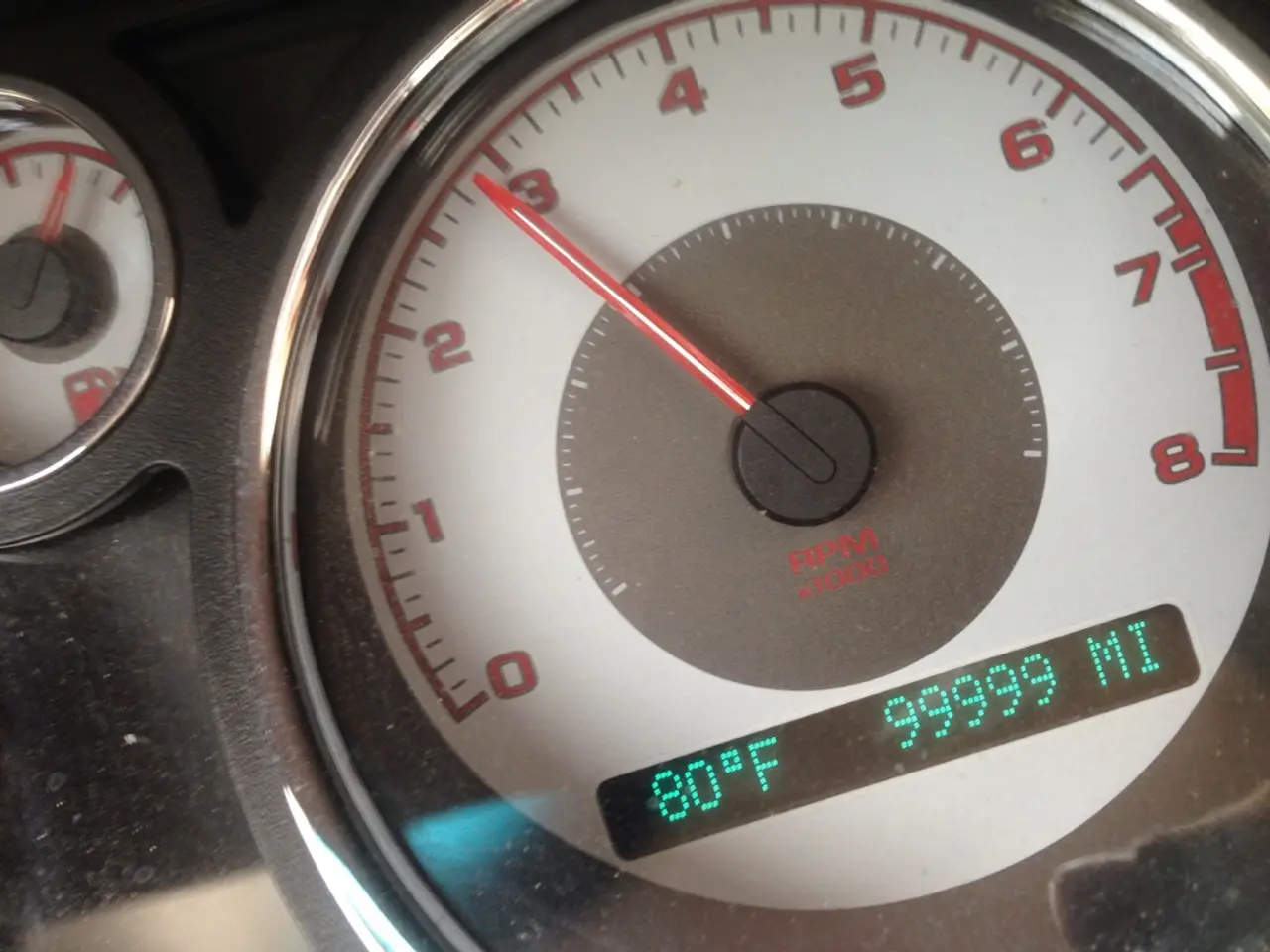Denmark's new price comparison platform could potentially lower fuel costs.
The Danish government has announced a new measure aimed at increasing competition and lowering costs for consumers in the fuel market. This decision comes in response to a recent review by the government watchdog for consumer standards and competition, Konkurrence- og Forbrugerbestyrelsen.
The new measure will require fuel companies to publish their petrol and diesel prices online, providing consumers with real-time access to pricing information. This move is expected to help individual motorists compare prices between local stations, potentially offering significant savings.
According to the government, this measure could save a typical household up to 2,000 kroner per year. However, the specific online platform for this initiative has yet to be detailed.
It's important to note that Denmark currently holds the highest petrol and diesel prices among all EU countries. This situation was exacerbated earlier this year when the government raised the price of both diesel and petrol. The increase was a result of hiking energy and CO2 taxes on these fuel types.
In response to the new measure, Drivkraft Danmark, the interest organisation for fuel companies, expressed reservations. They argued that customers already have good options for checking fuel prices in Denmark, with all petrol stations obliged to advertise prices with large signage at stations.
On the other hand, FDM, the national motorists' organisation, welcomed the move to look at competitiveness on the petrol and diesel markets. Ilyas Dogru, FDM's economist, stated that prices are relatively uniform across the country, with the only difference being unstaffed stations offering a 10 øre per litre discount.
The rule change will be implemented on December 1st, marking the government's latest effort to boost competition and lower costs for consumers in the fuel market. This initiative is part of a broader strategy to improve market efficiency and promote consumer welfare.
Read also:
- Transforming Digital Inventories in the Food Industry: A Comprehensive Guide for Food Businesses
- Munich Airport Unveils Its New Electrical Vehicle Charging Parksite
- Vehicle electrification and bidirectional charging technologies could potentially reduce EU energy expenses by a staggering €22 billion annually by the year 2040.
- 1. Key Points for August 14: Gathering in Alaska, Immigration Enforcement (ICE), Financial service Zelle, Infowars, and Air Canada Airline Incidents






